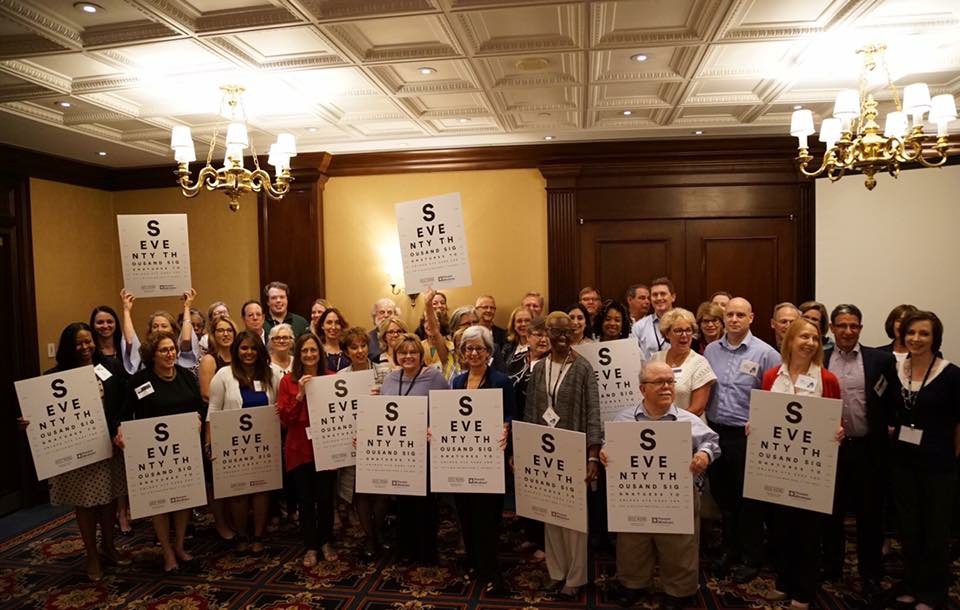Many people ages 70 and older are concerned with how they will be remembered. While they want to leave treasured items to family members, they don’t necessarily feel they must leave everything to children and grandchildren. Most people in this age range have retired and are looking at what their legacy will be. They have shifted from earning and saving to spending. Outliving assets is a concern for some, while others are focused on making sure savings are structured to provide for a surviving spouse, children or grandchildren.
Issues for people in this age range include:
-
Making arrangements for assisted living or long-term care
-
Downsizing to a home that is easier to care for while still close to family members and medical services
-
Establishing college funds for their grandchildren
-
Making arrangements for someone to take over financial and health care decisions if they are no longer competent to do so themselves
In planning for the future distribution of their estates, some individuals in this age range may realize the necessity of providing for family members with special needs, those who need financial or investment assistance or those who are not yet mature enough to handle an inheritance. Trusts can make sense in addressing these concerns.
In addition, estate planning considerations for those in this age range include:
-
A will, possibly with pour-over provisions to a living trust
-
A living trust that avoids probate, provides for quicker distribution of assets, ensures privacy and can continue after death to address the special needs of beneficiaries
-
Health care directives regarding life-sustaining treatments
-
A health care proxy appointing a friend or family member to make health care decisions
-
Long-term care insurance
-
A letter of instruction to family members regarding how certain items of personal property should pass, the names and addresses of the attorney who drafted the estate, the accountant who prepared income taxes, insurance agent, investment broker, banker and others who can assist in closing the estate. This can also include requests regarding funeral services.
Leaving a legacy for charity is often an important consideration for those ages 70 and older. It is a way to perpetuate the support provided during life and serves as a message to family members about the importance of philanthropy.
There are many ways to give back, including several that allow gifts to be split between family members and charity:
-
Tax-free gifts from IRAs for those ages 70½ and older
-
Cash gifts
-
Gifts of appreciated securities
-
A bequest in a will or living trust
-
Transfer of a residence or farm to charity, while retaining the right to live in the home, farm the land or collect rent for life
-
Name charity the beneficiary of an IRA, 401(k) or other retirement account. It’s even possible to leave retirement assets to a trust, reserving payments for life for a spouse or other family member, before assets pass outright to charity.
-
Establish a donor advised fund, naming family members to continue selecting the charitable recipients
-
Fund a charitable remainder trust at death that will make payments to children or grandchildren for life or a term of years before assets pass to charity
-
Name charity the beneficiary of all or a part of a life insurance policy
-
Create a charitable lead trust that will pay a fixed or fluctuating amount to charity each year for a period of years before trust assets pass to children or grandchildren
| Ages 40 and younger |
Ages 40s to mid-50s |
Ages mid-50s to 60s | Ages 70 and older |
Please contact us for more information on any of the ideas above.

